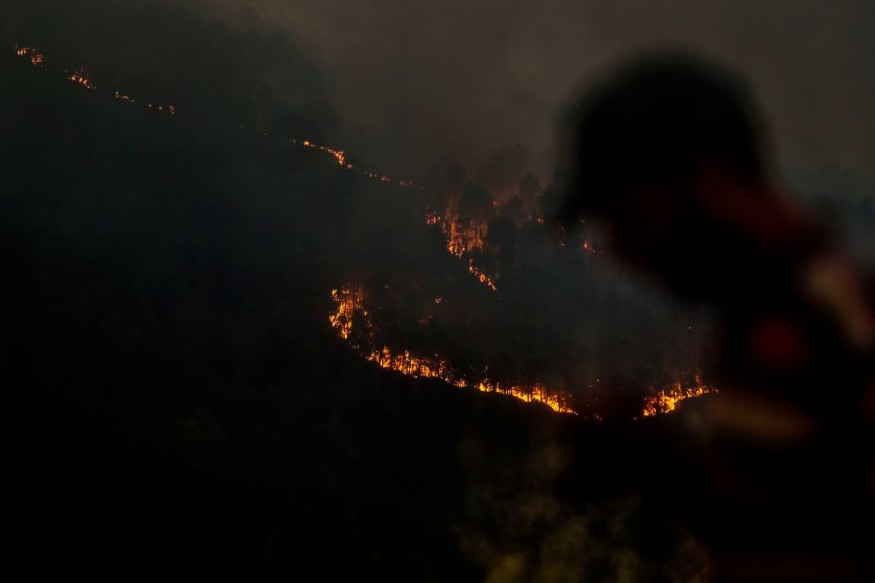According to data around 245 wildfires are present in Northwest territory but in year 2014, 385 wildfires happened. Though it is highly active in these areas, it is a rare occurrence that it reaches this peak.
On July 3, 2014, on the day itself 123 wildfires were reported in the area and around 92 were still active when the Government approached the area. The year 2014 broke several records and it caused around $56 million in collateral damage. Ranging from the water released, aircraft management, in personnel salaries, and other miscellaneous.

The Northwest Territories had its worst fire season in 30 years with nearly 3.4 million hectares razed. Temperatures from Tuktoyaktuk to Yellowknife averaged well above historic averages.
Smoke, ash and moisture from intense fires travelled as high as 15 km in the air, easily circling the globe. Health risks were also a concern as the city's hospital treated twice the usual number of patients for respiratory and allergy issues.
In 2013, British Columbia saw the driest October-December period on record. The average temperature over the province's coastal and southern regions was the third warmest in 67 years of record-keeping.
Nearly 400 firemen from Ontario, the Maritimes, Alaska, and even Australia assisted in the fight against wildfires. Fortunately, timely rainfall and mild temperatures from September through October kept British Columbia from experiencing a second devastating forest fire season.
California's 3rd largest wildfire in history
Rim fire is the third largest wildfire in the history of California. The wildfire devastated the whole region burning 2800 buildings and the loss of 14 people's lives. According to Earth Economics for the San Francisco public utilities commission, the value loss of the fire is around $800 million.
That's around 16 times the wildfire that happened in Northwest territory. The loss of this wildfire has tremendously damaged the economy of California and the ecosystem damage is surreal and unimaginable.
An important strive for change
As "Global Warming" alters the weather, more nations will experience climate change. For example, in Canada, individuals have died as a result of the hotness of the heatwave, which shortly brought drought and wildfires.
With these instances that happened over the past decade it only showed that we lack one important aspect to prevent these natural occurrences in our lands which is Communication.
The government must be more vocal to the nearby municipalities, cities, villages and they must let the people know what the dos are and don'ts that must be followed. Unity of knowledge will make the people have relatable actions and have one ultimate goal, which is to step up and improve from what is lacking.
The government also suggested few additions to achieve better communication with everyone such as improved websites, officers standing by and monitoring the situation, with the modernization of technology comes with social media influence and having social media that gives updates to the people will have a more interaction between the people and the state. In addition, is the implementation and inclusion of aboriginal languages on fire signage.
© 2025 NatureWorldNews.com All rights reserved. Do not reproduce without permission.





